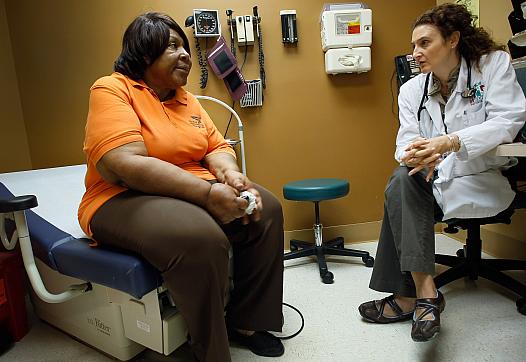
New research finds that just before the ACA took effect, the U.S. had some of the biggest disparities in people’s perceptions of their own health and health care out of 32 countries sampled.

New research finds that just before the ACA took effect, the U.S. had some of the biggest disparities in people’s perceptions of their own health and health care out of 32 countries sampled.
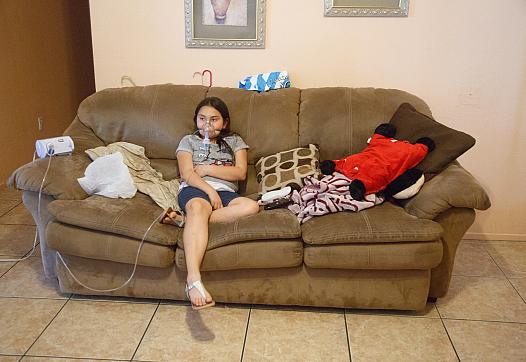
As the Salton Sea slowly dries up, an environmental health disaster is brewing. In response, the Desert Sun found new ways to report on the rising health threat to local communities.

Genuine conversation between Americans with different political views has become a rare commodity these days. We sought to buck that trend by asking two Americans with different political philosophies to discuss their views.
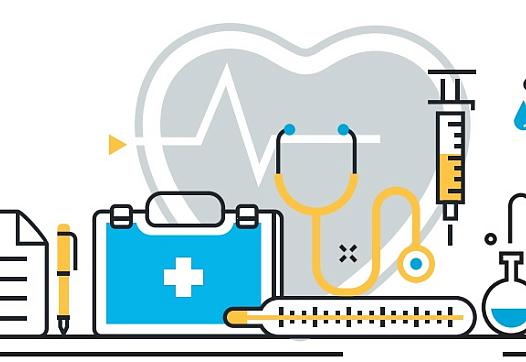
In recent years, hospitals that serve small rural communities across the nation have closed their doors at a disquieting rate, essentially one per month.

Last week, the House narrowly passed the American Health Care Act. We've asked journalists, nonprofit leaders, and health care practitioners to share what they’re hearing from people in their cities and states.

During last night's Jimmy Kimmel Live! the late night host told the emotional story of his newborn son Billy, linking the story to the current debate on pre-existing conditions in Congress.

The Bay Area air district is currently weighing a proposed cap on greenhouse gases and pollutants coming from the five Bay Area refineries. The cap would in effect freeze local refineries at their current levels of production.
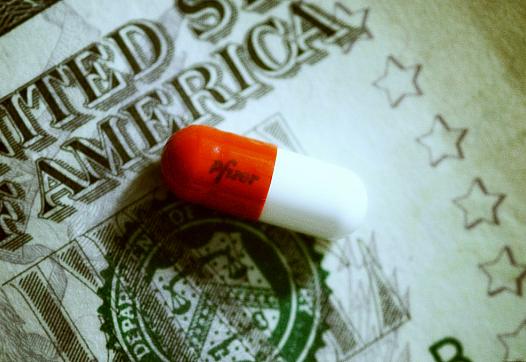
"Our health care system remains in a crisis," writes the CEO of Molina Healthcare. "Both the AHCA and the ACA only address the funding of health care and fail to tackle the troubling rate at which health care costs are rising."

There is a bizarre paradox in the culture of medicine: The system generates more data than ever, but questionable priorities are limiting our ability to effectively use it.
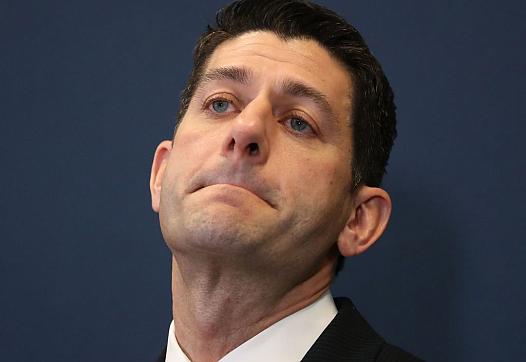
"I’ve been startled to see the debate over the AHCA reignite a political philosophy and policy approach that seemed to be have been discredited — and be in sharp decline," writes former health care journalist Michael Millenson.